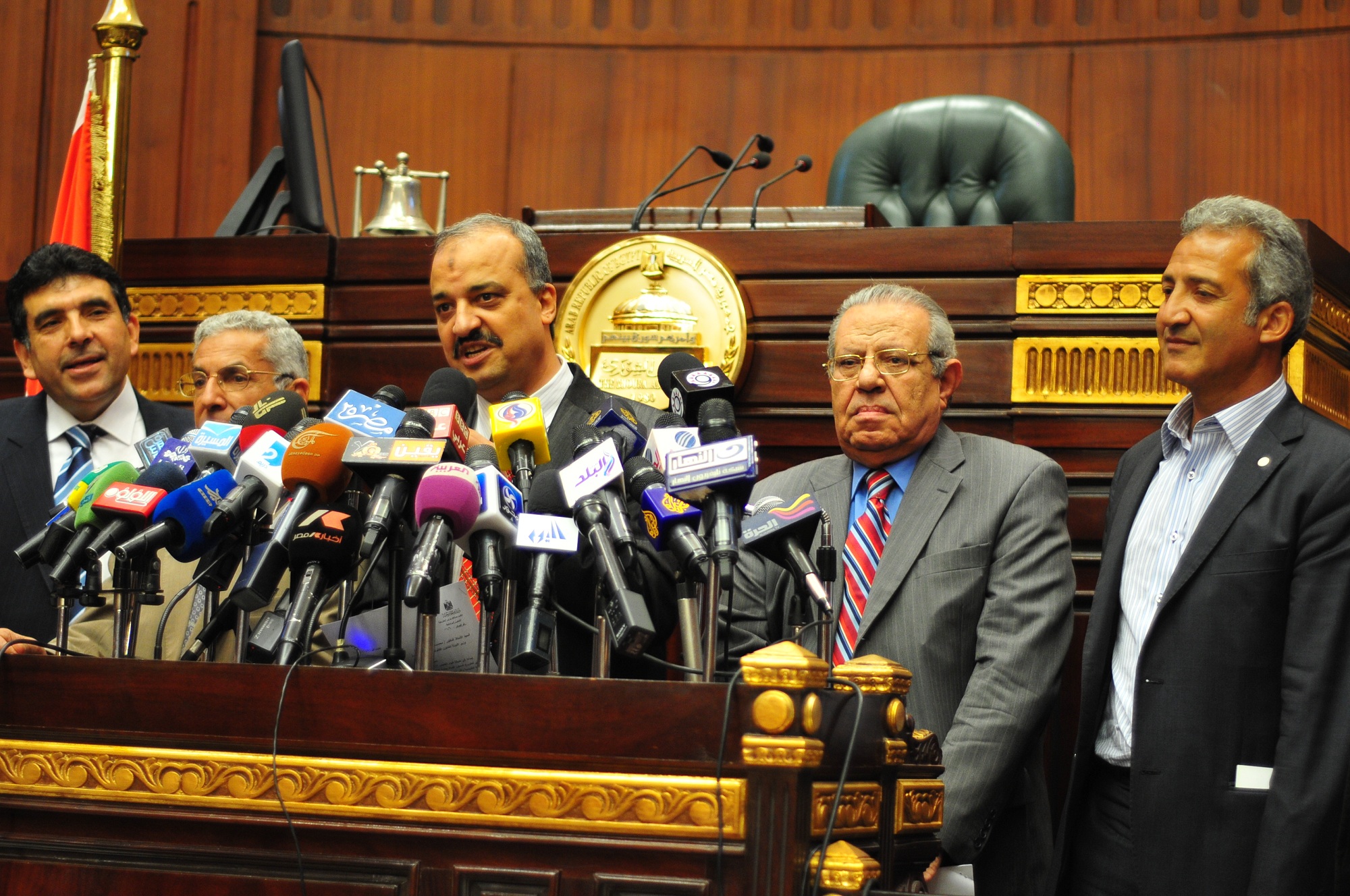By Heba Fahmy
CAIRO: The deadly attack on the Church of the Two Saints in Alexandria early on New Year’s Day can be described as both a terrorist and sectarian attack, says John Drake, a senior risk analyst for the UK-based international security and intelligence firm AKE.
“It could be similar to what happened in Iraq in 2005 and 2006, when Al-Qaeda managed to polarize two communities — the Sunnis and the Shias— [to] stir up sectarian tensions between them,” Drake told Daily News Egypt.
Drake stated that one of the reasons terrorist groups cause sectarian trouble is to keep security forces preoccupied with the resulting protests and clashes that erupt between Muslims and Christians, which consequently give terrorists “breathing space” to operate more freely while the security forces are distracted.
The Ministry of Interior stated that the circumstances of the explosion outside of the Coptic church, “given the methods that currently prevail in terrorist activities at the global and regional level, clearly indicate” that the bombing was “planned and carried out by foreign” entities.
President Hosni Mubarak echoed that belief, stating that the bombing bore the hallmark of “foreign hands.”
In televised remarks, Mubarak referred to the bombing as something that “is alien to [Egyptians].” He added that Egypt would “cut off the head of the snake, confront terrorism, and defeat it.”
The governor of Alexandria accused Al-Qaeda of being responsible for the attack, although no official claim to that effect was made at press time.
In November, a branch of Al-Qaeda raided a church in Baghdad and killed 68 people.
Al-Qaeda recently demanded that the Coptic Church release two priests’ wives, whom Islamists claim were forcibly detained by the Coptic Church after they had willingly converted to Islam. Al-Qaeda threatened to attack Christians throughout the region if Egypt’s Coptic Church refused to release the two women.
Drake stated that the bomb that was detonated in front of the Church of the Two Saints was “sophisticated” and that it could have been obtained through smuggling in the Sinai region.
“But this needs [further investigation] and time to determine [with absolute certainty],” Drake said.
The Ministry of Interior said that a suicide bomber blew himself up outside the Church of the Two Saints in Alexandria about 30 minutes after midnight, killing 21 people and wounding 97 others.
The deadly attack sparked anger and widespread criticism from both the Coptic Christian community and Egypt’s opposition groups, both of which have accused the government of failing to protect Egypt’s Christians.
“Security was meant to be tightened around churches [after Al-Qaeda’s threats],” Drake said. “The government and police will be criticized for not preventing the attack [from taking place], and will lose face … [even though] it’s very difficult to prevent an attack like this from taking place.”
Drake also pointed out that Alexandria is a city that has rarely witnessed terrorist attacks of this type, describing the city as “a new area of focus.”
Sectarian tensions have surged in Egypt recently, where Copts — comprising about 10 percent of Egypt’s total population of 80 million people — have become the focus of sectarian crimes as of late.
The most recent incident was the Omraneya clashes in November in which Coptic Christians and security forces clashed over a dispute in converting a Coptic community center into a church.
The most violent sectarian conflict of 2010 was in January, when three Muslims were accused of shooting six Copts and a Muslim guard at a Church in Nagaa Hammadi on the eve of Coptic Christmas.
The Jan. 1, 2011 attack on Saturday was the worst violence against Egypt’s Christian minority in over a decade. It sparked clashes between Christians, Muslims, and riot police.
Drake speculated that more clashes and protests will erupt in the coming period.
“There will be more protests, more clashes in churches and mosques, [and] inter-religious relations will be affected [throughout] the year,” Drake said. “The government will try to save face and demonstrate that it’s taking the issue seriously … the government [will] have high profile meetings with religious leaders and [assemble] them together [to] organize public dialogues [among] them.”


